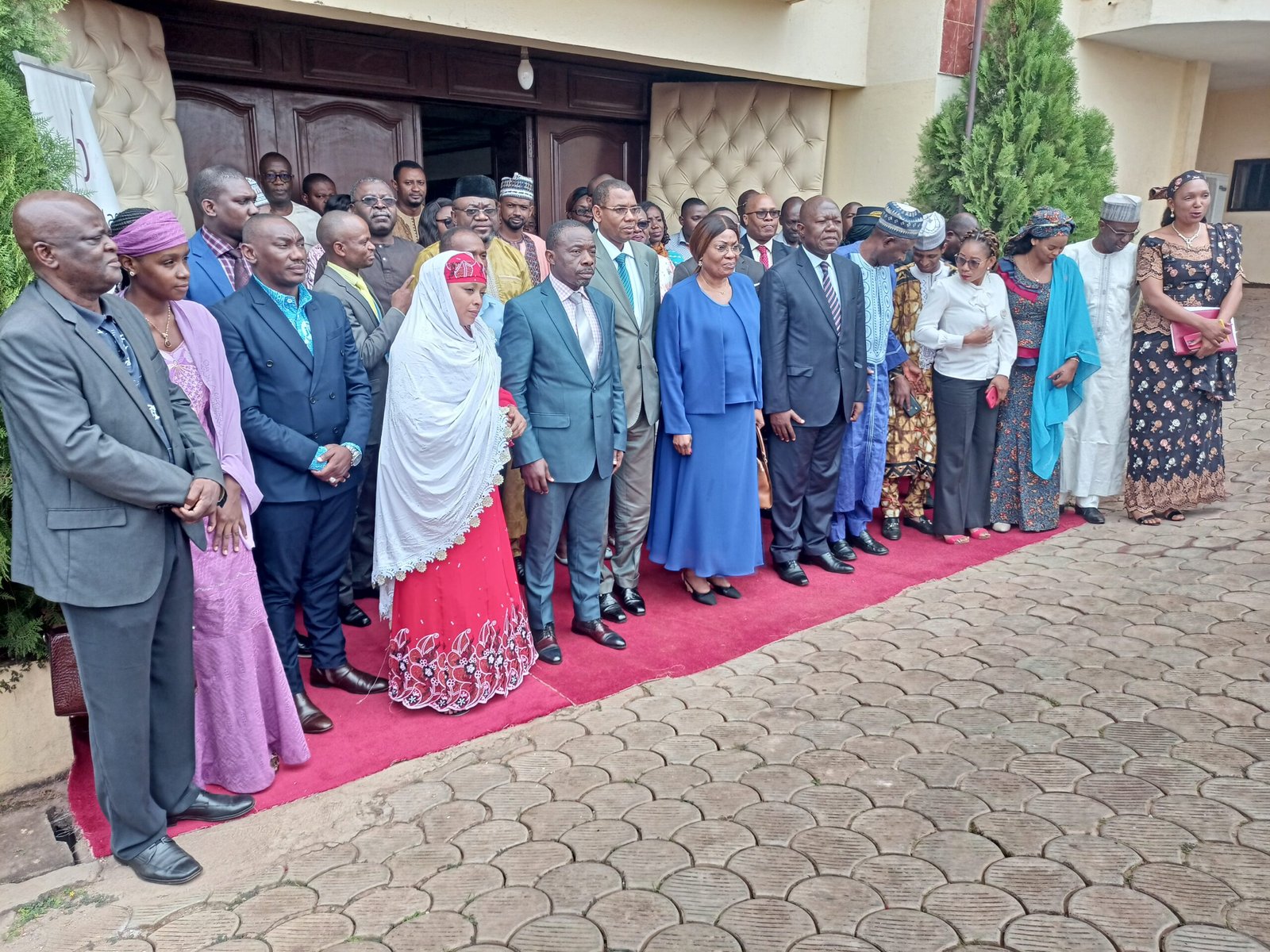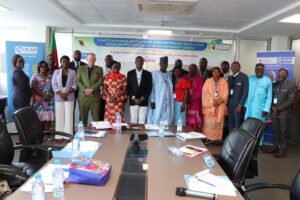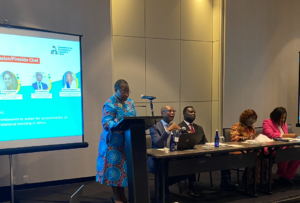As part of weeklong activities marking the 28th edition of the International day of indigenous people, Social Affairs Minister, Pauline Irene Nguene presided over the 10th session of CISPAV in Yaounde, Cameroon on Wednesday, 03rd August 2022.
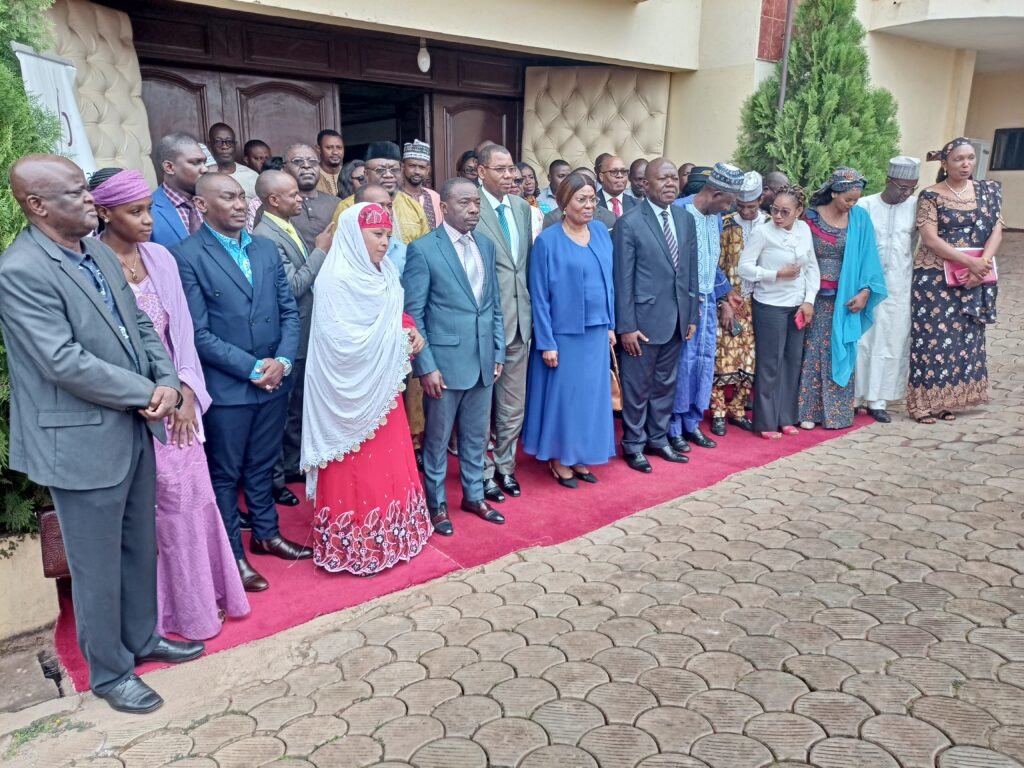
Cameroon will celebrate on August 9, 2022, the 14th edition of the international day of indigenous people under the theme: “Promoting inclusive Education in a Post-Covid-19 context: The Place of the indigenous child” while in the international arena, the focus will be on: “The Role of Indigenous Women in the preservation and transmission of traditional knowledge” as the theme for the 28th edition.
Identified as indigenous people in Cameroon, the Mboboro communities, the Baka, the Bakola, the Bagyelis, and the Bedzan are those put at the forefront during discussions of the intersectoral monitoring committee for programs and projects involving vulnerable indigenous peoples known in its French acronym as CISPAV, to upgrade their living conditions.
Thus deprived of land, health and economic facilities the indigenous people are each year celebrated for their key contributions to the development of the country.
The role of indigenous women highlighted this year has paved the way for several associations and local organizations working for the rights of these communities. They have expressed their will to see more changes in their legal status at both the international and national levels.
Indigenous women just like other women wish to be empowered more on income generating activities as a way to cater for their children.
Speaking to Maimuna Umaro, Women Coordinator of the association known as Sura-Mama, she underscored the major activities carried out in the Littoral and South-West regions in terms of educative talks and empowerment. According to the female Coordinator of Sura-Mama, more than 65 mbororo women have been empowered in income-generating activities in the South-West.

Also, Maimuna Umaro praised continuous efforts undertaken by government officials notably the ministry of social affairs, to set up a dialogue between the government and leaders of associations.
She said: “We are happy when our government calls for us to ask us what can we do to integrate the indigenous people the in the educational background or the society. We, therefore, take advantage of this meeting by telling them to provide our children and youths the opportunities to get back to school to enjoy the same rights as other children. So this is now, the role that our organization is playing as a relay between our communities and administrations, given the challenges we face at the community level, presenting these challenges to the government who in return can develop strategies that can help eradicate all the problems we encounter…”
While presiding over the 10th session of CISPAV, Minister of Social Affairs, Pauline Irene Nguene laid emphasis on both the national and international themes of this year.
She said despite the numerous challenges to which are submitted indigenous people who do not have access to land and social amenities, the women keep safeguarding their traditional values and transmit them to their children.

The Minister said both themes are crucial at this moment as Cameroon has embarked on several strategic orientation plans.
Minister Nguene indicated that the promotion and protection of the fundamental rights of indigenous peoples is a major action in the implementation of the Head of State’s social policy. This political will has been translated into action through the implementation of several programs/projects in favour of vulnerable indigenous populations, which aim to guarantee their access to citizenship, basic social services, and socio-professional integration with a view to their empowerment.
Pauline Irene Nguene equally outlined the fact that, a national plan for the development of indigenous peoples known as PNDPA was validated in 2020 and made operational in 2021 in order to serve as a basis for any action undertaken in favour of the said populations, whatever the sector or spectrum of intervention.
As underscored by the Director of national solidarity and social development, Henri Nyambi III Dikosso, the 10th session of the intersectoral monitoring committee for programs and projects involving vulnerable indigenous peoples, CISPAV held this year comes in to review and monitor the level of implementation of recommendations made in the previous sessions and try to fill in the gaps.
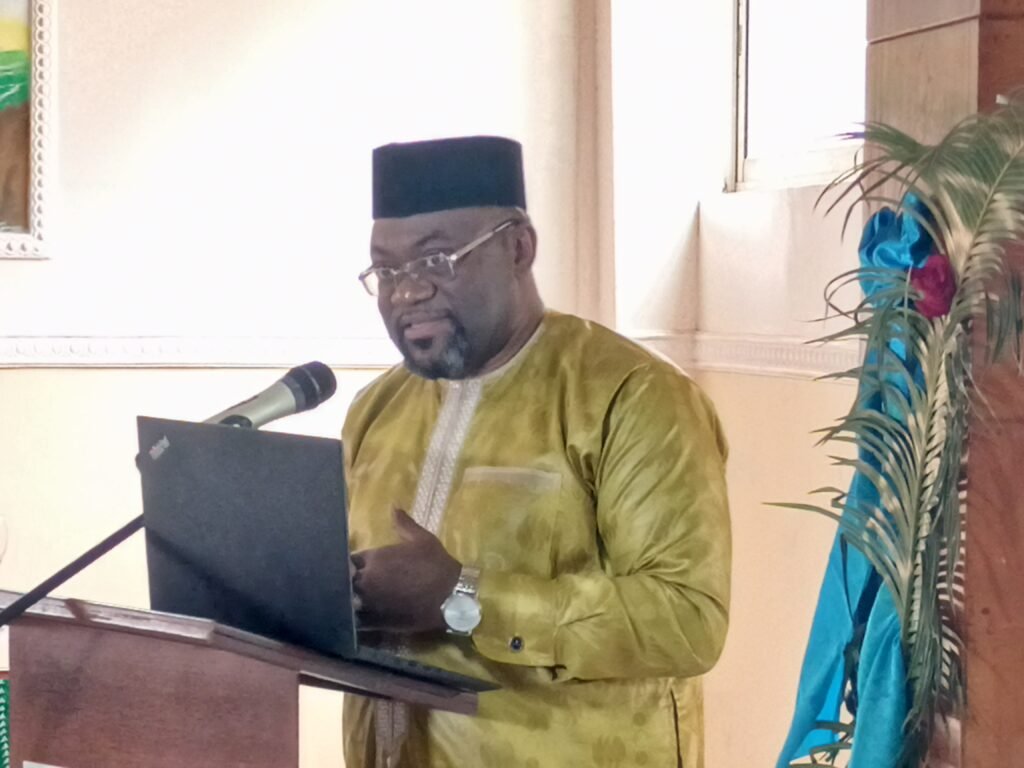
The session as indicated, had as main objective, that to create a synergy of actors and resources to ensure the effectiveness and efficiency of interventions for vulnerable indigenous populations in general and specifically in the area of education and gender promotion.
Indigenous peoples constitute more than 350 million people in the world, distributed among at least 5,000 different peoples whose current situation varies according to the degree and extent of recognition of their rights by the States that integrate them. They may face particularly precarious living conditions and serious threats. This distinguishes them from the rest of the population in the societies in which they live and justifies the need to grant them special legal protection in international and national law.
Elise Kenimbeni


